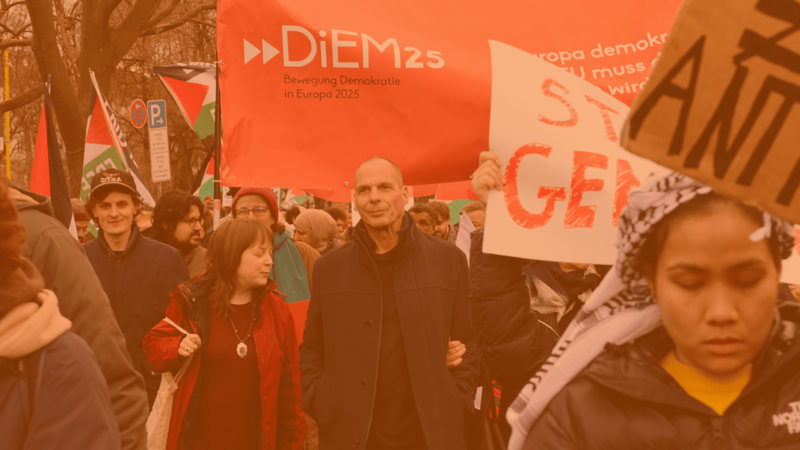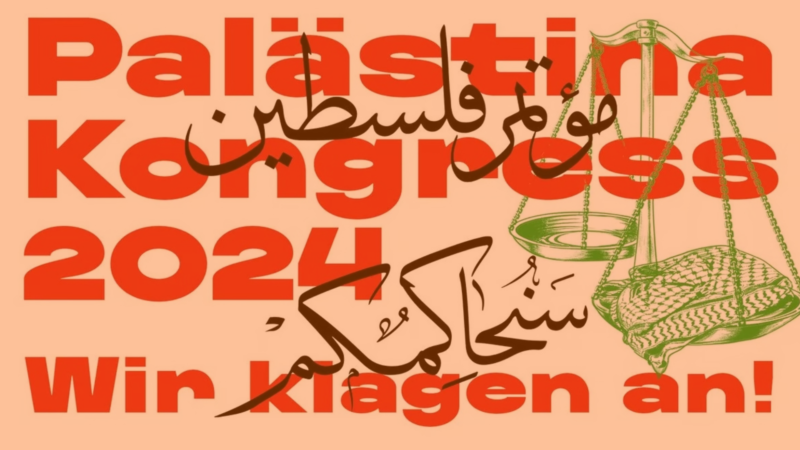With days during this summer officially being the hottest days on record globally and after witnessing devastating fires in Greece while fossil fuel companies are setting record profits, it’s clear that our priorities are all wrong. There is a coordinated move for EU members to withdraw from the dangerous Energy Charter Treaty (ECT) but, in Ireland, the Minister for Climate, Energy and Communications, Eamon Ryan TD, and Green Party leader, is refusing to act.
While Ireland is being sued by a British fossil fuel company for 100 million euros under the ECT, it is madness that minister Eamon Ryan still won’t publicly remove Ireland from the ECT. Similar ISDS/ICS agreements are currently having a chilling effect in other countries internationally particularly when foreign ‘investors’ take legal action under such agreements as is currently being experienced in Honduras.
The Irish government was, thankfully, recently blocked from passing the EU CETA trade agreement after the Supreme Court ruled the legal jurisdiction of the ICS within this agreement would have superseded the national courts of Ireland, contravening the constitution.
Ireland currently has a Climate Action Plan (CAP) which is legally binding and needs to be implemented as quickly as possible and shouldn’t be hindered by restrictions the ECT could impose. The urgency of this requirement is based on a recent Environmental Protection Agency (EPA) Report where Ireland’s GHG emissions performance are not aligning with the CAP and in fact is estimated to fail the meeting of targets specified for 2030 across all sectors set by the EU. The elimination of any threats to achieve these targets is paramount.
Energy losses
From the Annual Energy Flow chart for Ireland as laid out by the SEAI, Ireland’s total annual energy consumption is approximately 13589.6 ktoe. Although this diagram only depicts transmission/transport losses, there are further losses from the Commercial/Public, Residential, Industrial and Transportation sectors that contribute to an overall loss of possibly approximately, 8357.7 ktoe, 60-65 percent of the total. Such additional losses are approximated based on those identified by the Lawrence Livermore National Laboratory for the US. This implies Ireland as an economy has an energy efficiency of just 35-40 percent. Improving this efficiency is paramount.
Note, the energy loss causing the high inefficiency is in the form of heat, widely known to be the most disordered form of energy that is extremely difficult to recover into an ordered form to reuse. Yet technologies are deployed widely under the label of capital assets that simply transform a higher percentage of energy resources into heat, resulting in a by-product of GHG emissions also, where all are mindlessly exhausted to the commons of the biosphere. In 2014, a total of 576EJ or 18TJ per second of primary energy was consumed globally that was simply transformed into heat. This transformation has been the standard practice since the Industrial Revolution and over the last century heat loss intensity has increased annually with the roll out of more and more technologies and this energy in the form of heat doesn’t just disappear! The CAP is attempting to address the GHG emissions but what about these heat losses, are these being addressed?
Although the technologies are responsible for transforming 60-65 percent of the energy sources into heat, those who sell the energy sources used by these technologies are effectively making immoral revenues from this high energy loss ratio. This means profits and dividends are “earned” from immoral energy inefficiency that should in reality be interpreted as business performance inefficiency.
This means the recent 200 billion dollars in profits reported by each of the five largest fossil fuel companies in the world should in fact morally only be 80bn dollars each due to a 60-65 percent energy use inefficiency penalty of 120bn dollars imposed by regulation to morally protect the health of societies and the global commons of the biosphere. The proceeds of such penalties could reduce government deficits and redistribute them to communities suffering from the effects caused by such large heat losses and associated GHG emissions. A similar penalty should also be applied to the profits and dividends of the technology suppliers who are co-creators of such high inefficient energy use.
If business efficiency is vital i.e. measured as ROI, profit margin, etc., such penalties should stimulate these businesses to develop technologies or processes to reduce these penalties. This reduction can only be achieved by reducing energy losses in the form of heat and ensuring energy when used is transformed into another high ordered form of energy to make it available for further reuse.
This calls into question the current practice of advertising an increase in the energy efficiency of technologies that is achieved by capturing heat and transporting it to other use zones, evading the reality that this energy in the form of heat is still energy loss because it remains as heat and is also lost from the new use zones. Therefore, development of heat loss minimisation solutions will demand collaboration between both energy source and technology suppliers.
Energy inefficient economies
Governments currently also benefit from this inefficiency by receiving income in the form of taxation revenues derived from revenues ‘earned’ from the sales of such energy loss, both directly from energy source sales and sales of the technologies that use them. This makes governments co-participants in the immoral inefficient use of energy and governors of energy inefficient economies.
From a national accounts perspective, the revenues from such inefficient energy use factor in as a benefit contributing to a favourable GDP. Such revenues from high energy inefficiencies should be reflected in GDP reporting by also reporting a sustainable or energy efficiency GDP. To report this, there will be a need to identify the percentage of overall GDP attributed to 1) energy sales for powering technologies and from 2) the sales of the technologies that use these energy sources. From this percentage of GDP, the unsustainable GDP or percentage of GDP associated with energy inefficiency can be derived from the percentage energy loss of technologies in the form of heat. Subtracting this inefficient percentage of GDP from the overall GDP would give a measure of a sustainable or energy efficient GDP for the economy. The ratio of this to the overall GDP would also give a measure of the economic efficiency of the overall economy from an energy efficiency perspective.
Improving the energy efficiency GDP therefore enables economies to work towards cohering with the Earth’s energy cycling system where Earth simply wants to maintain a balanced energy flow throughput i.e. short wavelength energy received from the Sun and long wavelength energy transmitted from Earth as infrared radiation. It’s like fresh energy in and used energy out in a balanced flow. Just like breathing.
When Earth receives this fresh energy, it is cycled around the incredible multiple interconnected energy cycles within the Earth’s biosphere in the form of useful work ensuring minimal heat emissions to conserve the energy as long as possible before it is emitted as ‘used’ energy. The Earth system simply operates like an energy transit delay system. This process helped the evolution of the vast biodiversity on Earth where each organism functions as an energy capturing/storage system resulting in the emergent property of a maintained self-organised stable global average temperature and atmosphere for life as we know it to thrive and flourish.
Biodiversity loss
Energy (heat) loss minimisation is therefore simply a product of complexity, the product of a system thermodynamically far from equilibrium. Biodiversity loss on the other hand is destruction of this complexity, destruction of the living energy storage capacity of Earth thus creating a heat loss positive feedback triggered and amplified by the current mindless immoral heat loss performed by technologies by transforming ancient sequestered useful work into heat along with the heat trapping and forcing by-product of GHGs. Transforming existing high ordered forms of energy into the high disordered form of energy, heat, via use of technologies is driving the overall energy state of the Earth towards a higher state of entropy and thermodynamic equilibrium. To arrest this positive amplified feedback, there is a dire need for minimal heat loss producing technologies and ensuring all energy transformed by these technologies achieves the highest possible transformation ratio into an ordered useful form of energy that can be reused as part of the energy cycling process on Earth i.e. an ecologically sustainable interconnecting complex energy circulating economy.
Withdraw from the Energy Charter Treaty
To achieve such energy and economic policy changes towards a low heat loss, complex, biodiverse life supporting Earth, the Irish Government must heed the calls for the full withdrawal of Ireland from the Energy Charter Treaty, and strongly support a full EU withdrawal also to ensure maximum adaptation flexibility. Because opposition to Corporate Courts is so relevant for the survival and thriving of human-kind and nature, DiEM25, in the GNDE Blueprint for a Just Transition, proposes to “terminate all Investor State Dispute Settlement agreements, and introduce the right of communities and democratic representative groups to bring claims to enforce trade rules”.
The unfolding climate catastrophe, and environmental destruction, is an existential issue for humanity and all biodiversity as we know it as per recent UN IPCC reports. Ireland needs to leave the ECT in full now. The future of all life on Earth as we know it depends on the ECT being rejected by all, and on our refusal to participate in any exploitative corporate court mechanisms contained in such ‘deals’.
Do you want to be informed of DiEM25's actions? Sign up here










